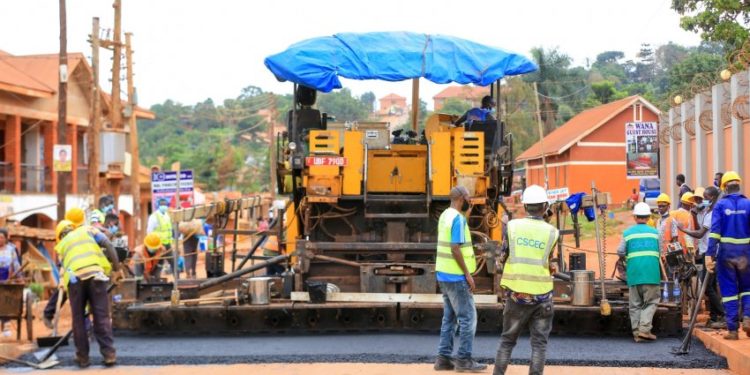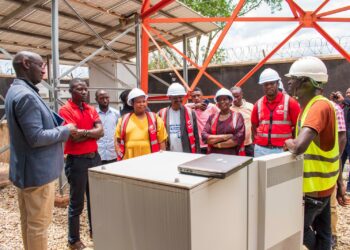By AGGREY BULUBA
Kampala, Uganda – In February 2023, the Ugandan government allocated Shs1 billion to each of the 176 local governments, comprising 135 districts, 10 cities, and 31 municipal councils, as part of a Road Rehabilitation Development Grant aimed at revitalizing the nation’s deteriorating road infrastructure. The total funding of Shs140 billion was intended to address long-standing road repair backlogs for the 2023/24 financial year.
However, despite 99% of the funds being spent, the Auditor General’s report for the year ending June 2024 reveals significant shortcomings. Many roads remain incomplete, while others are plagued by substandard work.
Of the Shs140 billion budgeted, Shs139.968 billion was disbursed, and Shs139.178 billion utilized by local governments. However, the timing of the disbursement undermined its effectiveness. A substantial portion—Shs88 billion—was released in May 2024, leaving local governments with insufficient time to execute projects properly. As a result, numerous planned roadworks were either left unfinished or poorly executed.
A physical inspection of 425 road projects across 140 local governments highlighted major deficiencies. Of the 303 projects reviewed in 75 local governments, only 165 were completed. The remaining 138 were either incomplete or still ongoing, with 159 projects exhibiting serious issues such as missing culverts, silted drainage systems, and overgrown vegetation along the roadsides.
In districts such as Kyenjojo, Bundibugyo, and Mitooma, works valued at Shs873 million were conducted outside approved plans, raising concerns about accountability and proper use of public funds.
Several factors contributed to the inefficiencies. Many districts lacked the necessary equipment to execute planned roadworks, and frequent machinery breakdowns compounded delays. Additionally, conflicting directives created confusion. Initially, the Ministry of Works and Transport instructed local governments to allocate 85% of the funds to road rehabilitation and 15% to operational expenses. However, Parliament later redirected 95% of the funds to road maintenance, further disrupting project implementation.
The findings underscore the urgent need for better planning, timely fund disbursement, and stronger oversight to ensure public funds achieve their intended impact.







Discussion about this post